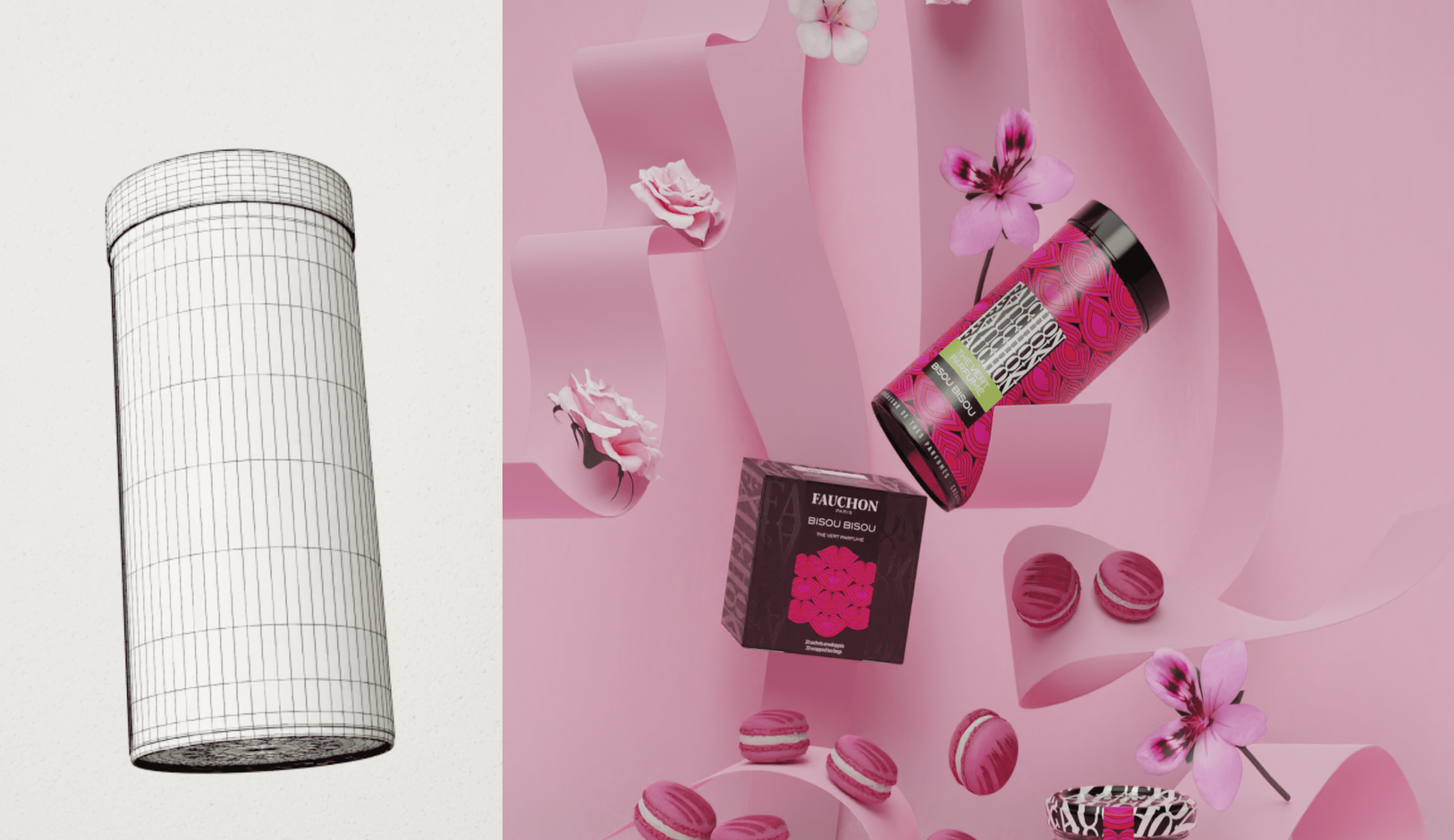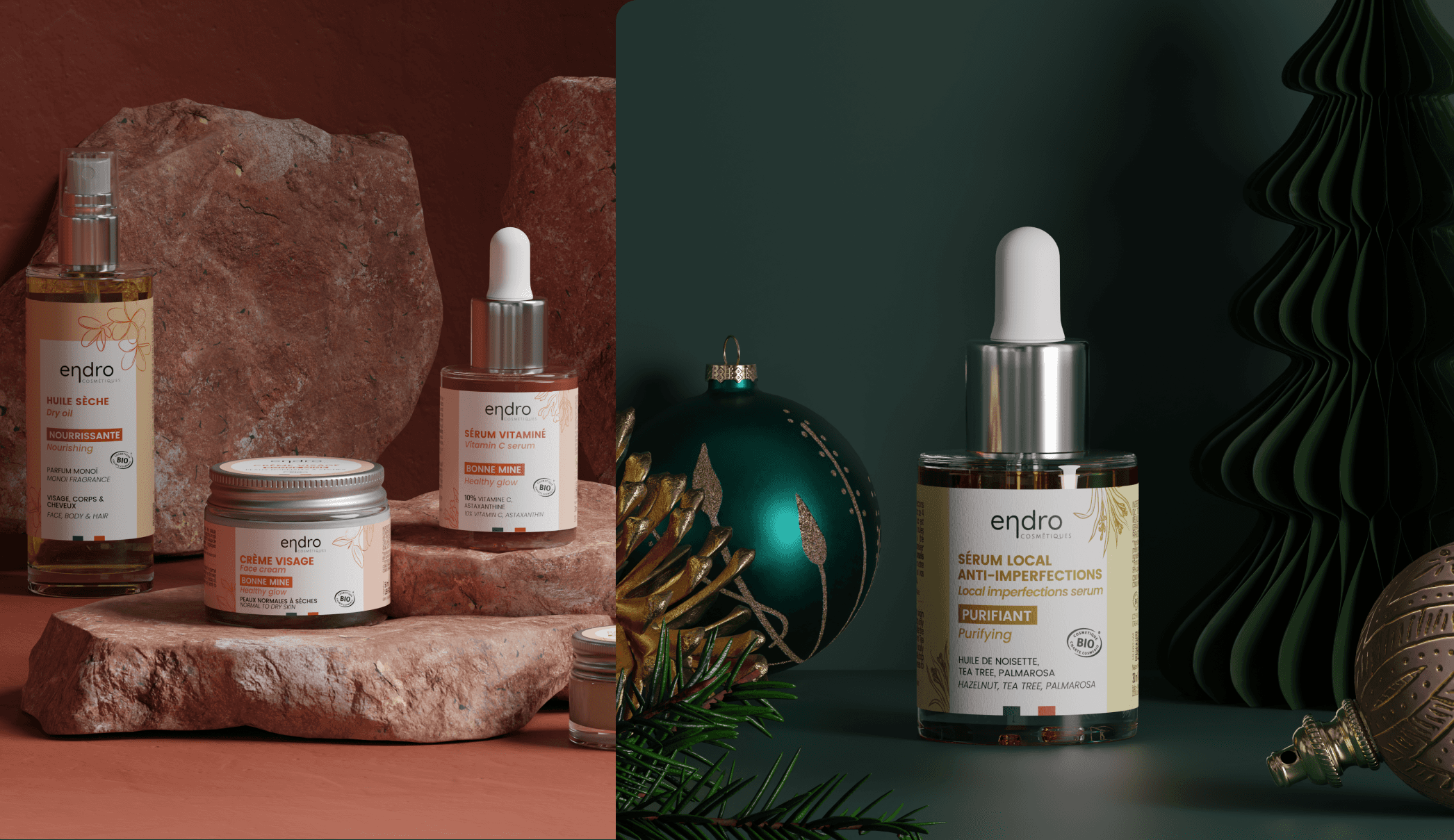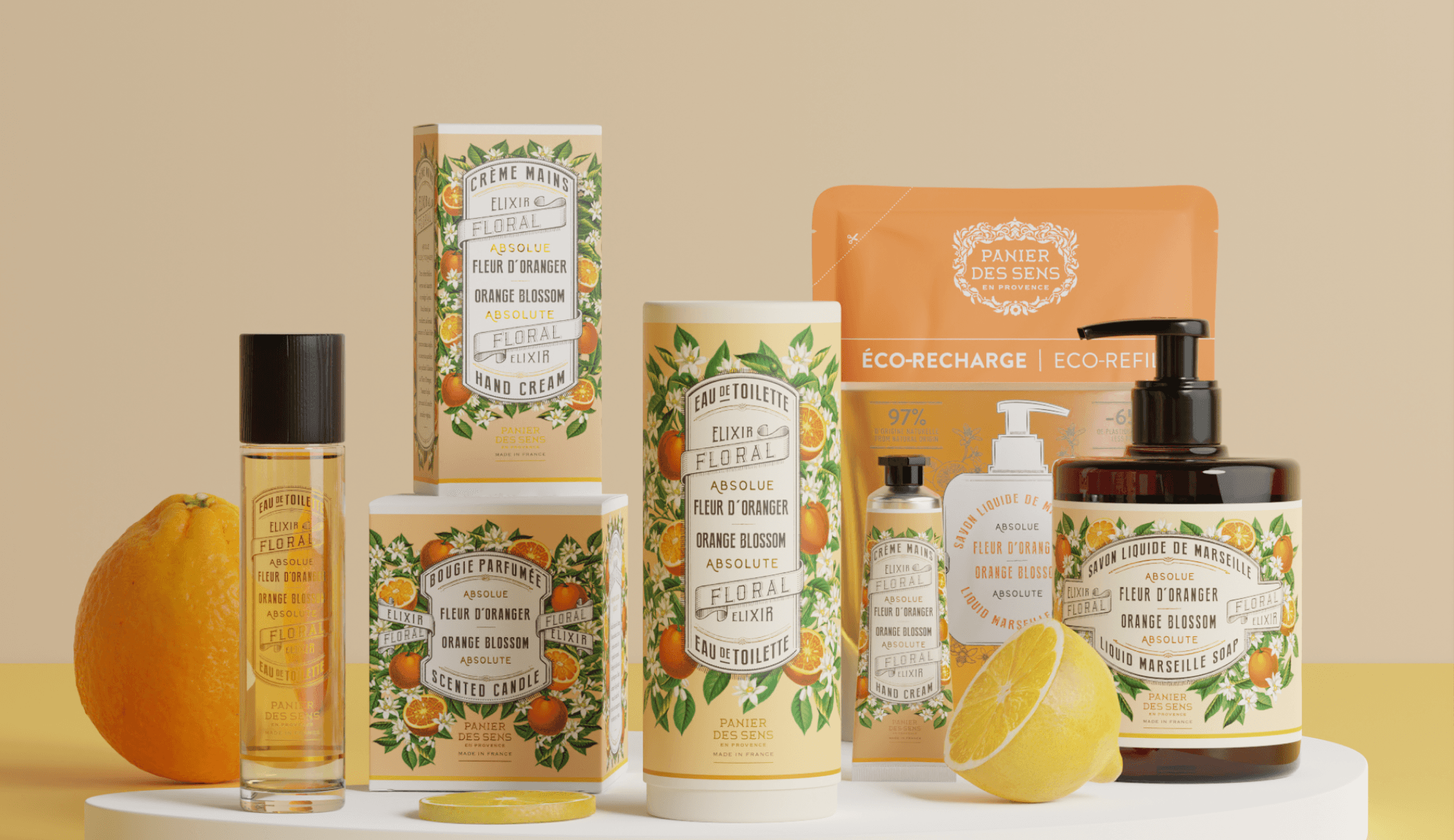
3D Product Rendering: How It Works and Why Brands Use It

Creating fresh visuals for campaigns, social media, product launches and eCommerce pages has become a real challenge. 3D product rendering offers a modern way to produce content quickly, consistently and at scale.
What is 3D product rendering?
3D rendering turns a 3D model - the Digital Twin of your product - into images and videos.
It’s part of the wider 3D visualization workflow, which includes:
Modeling: building a photorealistic 3D version of your product
Scene setup: placing the product in a virtual studio
Rendering: exporting the final images, videos or 3D viewers
In short: modeling creates the file, rendering creates the final asset.

Why brands are shifting to 3D
1. Produce more content with the same team
With a single 3D model, you can generate unlimited packshots, lifestyle visuals, videos or interactive 3D animations - for every channel. No photoshoots. No studios.
2. Keep brand consistency everywhere
Lighting, angles, backgrounds and colors are defined once and reused across all products. Whether created internally or by an agency, your visuals stay perfectly on-brand.
3. Reduce costs and timelines
No more shoot days. No more long retouching cycles. 3D replaces studio logistics and eliminates those costs entirely.

Why switch to a 3D Virtual Studio
Photoshoots are slow to plan, expensive, and hard to scale.
A virtual studio lets you produce exactly the same visuals from a Digital Twin of your products.
How it works:
1.We create a Digital Twin of your product
We model your SKUs once in 3D from your packaging, textures and finishes.
2. You create your scenes
Adjust lighting, backgrounds, props, campaign variations, formats, seasonal edits — all inside the virtual studio.
3. Export on demand
Packshots, lifestyle images, videos, 360° spins: generate as many assets as you need from the same 3D model.
On-brand visuals, every time
As launches and channels multiply, visual guidelines drift easily - a different angle here, a new background there…
With Digital Twins, your brand code becomes a master source (lighting, framing, materials, environments) that every team can reuse. Your visuals stay consistent even as production volumes explode.

How to make your 3D transition a success
On paper, 3D makes total sense - but traditional tools are complex, expensive and often produce inconsistent results. For marketing teams, that complexity becomes a roadblock.
With Omi, it’s as easy as it gets:
1. Send us your products: Our 3D artists create a photorealistic Digital Twin of each SKU.
2. Your team creates visuals in the Virtual Studio: A platform built for marketers. Think Canva for 3D: customize a template, add your own product, choose props.
3. Export visuals for every channel: Hyper-realistic images, videos, reels and 3D viewers - generated instantly.
Our artists recreate each product - textures, materials, finishes - to deliver a truly photorealistic Digital Twin.
From photo studio to virtual studio: what our clients say
Endro Cosmétiques: from a full shooting day to 5 minutes per packshot
Endro Cosmétiques used to spend an entire day producing a single packshot consistent with their visual identity. With Omi, a packshot takes just a few minutes — doubling their content output and making seasonal campaigns (Black Friday, Christmas, etc.) much easier to launch.

Moët Hennessy Wine Estates: 100+ visuals across 9 wine houses
Before Omi, each new campaign for Moët Hennessy Wine Estates meant coordinating complex physical shoots across nine estates - expensive and time-consuming.
With the virtual studio, the team produced 100+ approved visuals in a few weeks, and local teams can now adapt assets to their markets while keeping a consistent global identity.

